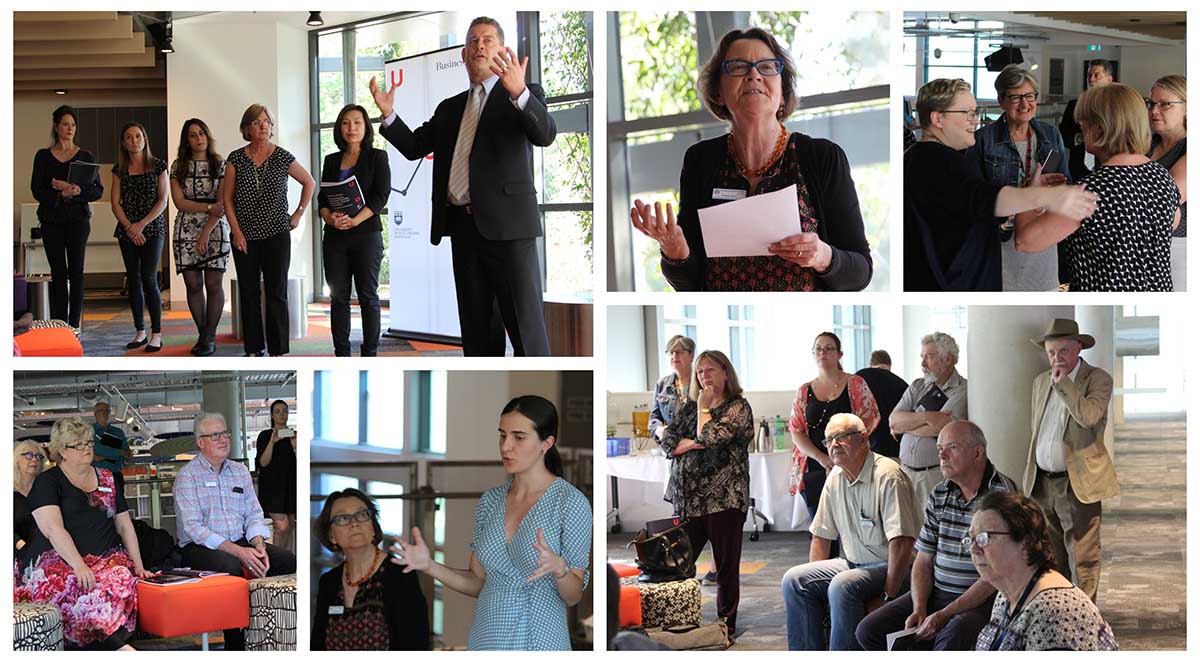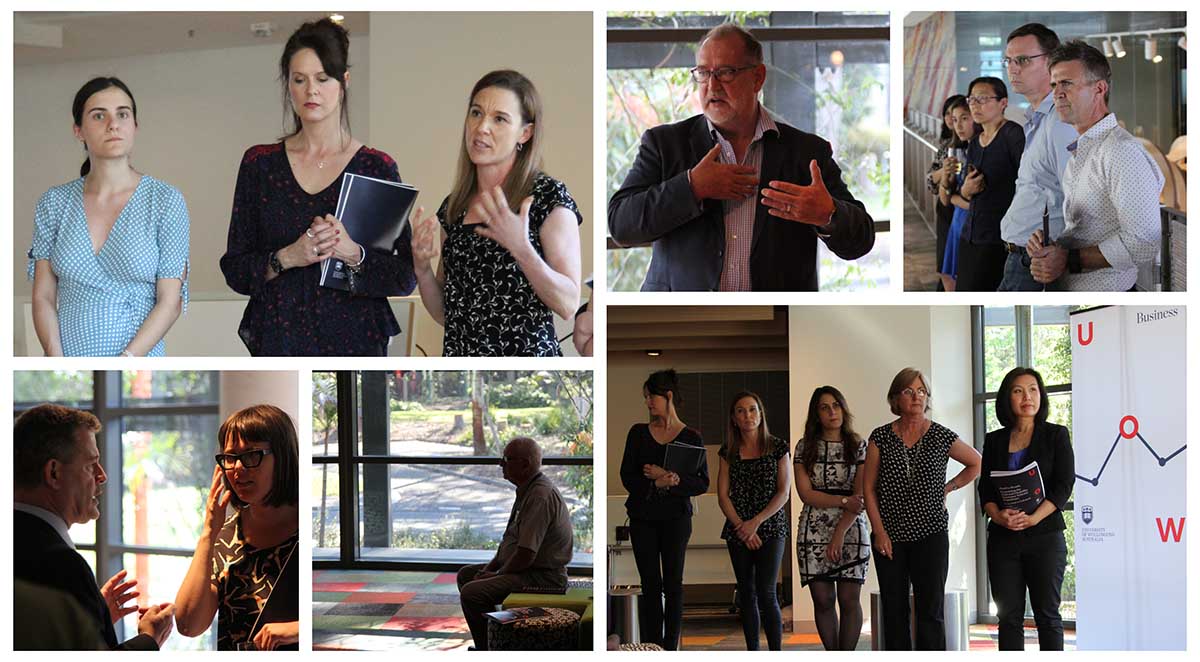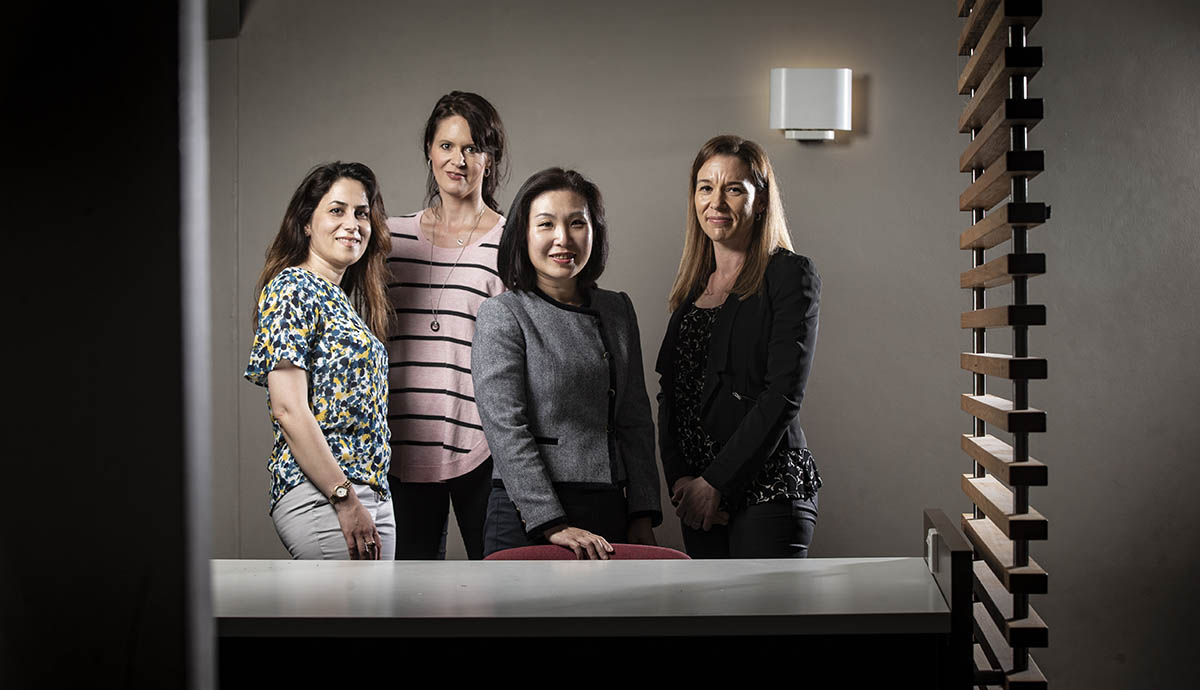October 19, 2018
Study reveals barriers to NDIS participation among most needy
Social isolation, lack of support, psychosocial conditions and poverty prevent greater involvement in Scheme
A pilot study on the awareness, and experience, of the National Disability Insurance Scheme (NDIS) among socio-economically disadvantaged people living with a disability has found a number of barriers to their participation in the scheme.
With the support of the local Wollongong St Vincent de Paul Society, which provides Local Area Coordinator services for the National Disability Insurance Authority (NDIA), the researchers interviewed 32 people receiving disability support pensions.
Of these, 10 of the interviewees (31 per cent) were not aware of the NDIS; 13 (41 per cent) were aware of it but had not applied; and three (9 per cent) had applied but been rejected. Only six of the participants (19 per cent) were on the NDIS.
The report, ‘Hard to Reach: Examining the National Disability Insurance Scheme Experience – A Case Study of Wollongong’, by Freda Hui, Corinne Cortese, Mona Nikidehaghani, Sandra Chapple and Kellie McCombie, was launched on Friday 19 October, during Anti-Poverty Week.
The researchers also made a number of suggestions for how to improve NDIS access for this “hard to reach” group.
Chief investigator Dr Freda Hui from the School of Accounting, Economics and Finance said the study showed there is a large gap in accessing the NDIS and that some people are falling through it.
“We found that this group are missing out on benefits they might receive under the NDIS because they’re unaware of the Scheme or because they feel it is just too hard to access,” Dr Hui said.
“Many of them have multiple disabilities, including psychosocial disability. They often don’t have access to computers or can’t fill out the forms. More importantly, they do not have the social network to help them – only 12 per cent of those interviewed could count on close friends or family to help them with their application.”

Social isolation – compounded by a lack of financial independence, an absence of support networks and psychological barriers – appeared to be a key factor limiting the interviewee’s awareness and understanding of the NDIS. Many of those who had heard of the NDIS were unsure of its purpose or whether they were eligible to participate.
“The irony for some of the interviewees is that it is their disability that is inhibiting them from accessing disability support,” Dr Hui said.
Economic disadvantage was also a barrier to participation in the NDIS, with interviewees much more concerned with meeting their basic living needs – food, transport, housing, electricity – than with accessing services to help them manage their disability.
In their report, the researchers also make a number of recommendations on how to improve the NDIS:
- That the National Disability Insurance Authority revise its communication strategy to socio-economically disadvantaged groups with disabilities;
- That resources are allocated to providing advocacy support for socio-economically disadvantaged groups with disabilities;
- That the classification and eligibility criteria used to access the NDIS are reviewed;
- That further research is undertaken into specific geographic, economic and social cohorts, particularly where the potential for sub-optimal outcomes from the NDIS exists.
“Our findings and recommendations will be passed on the NDIA with the hope of improving communication to this ‘hard to reach’ part of our community,” Dr Hui said.

